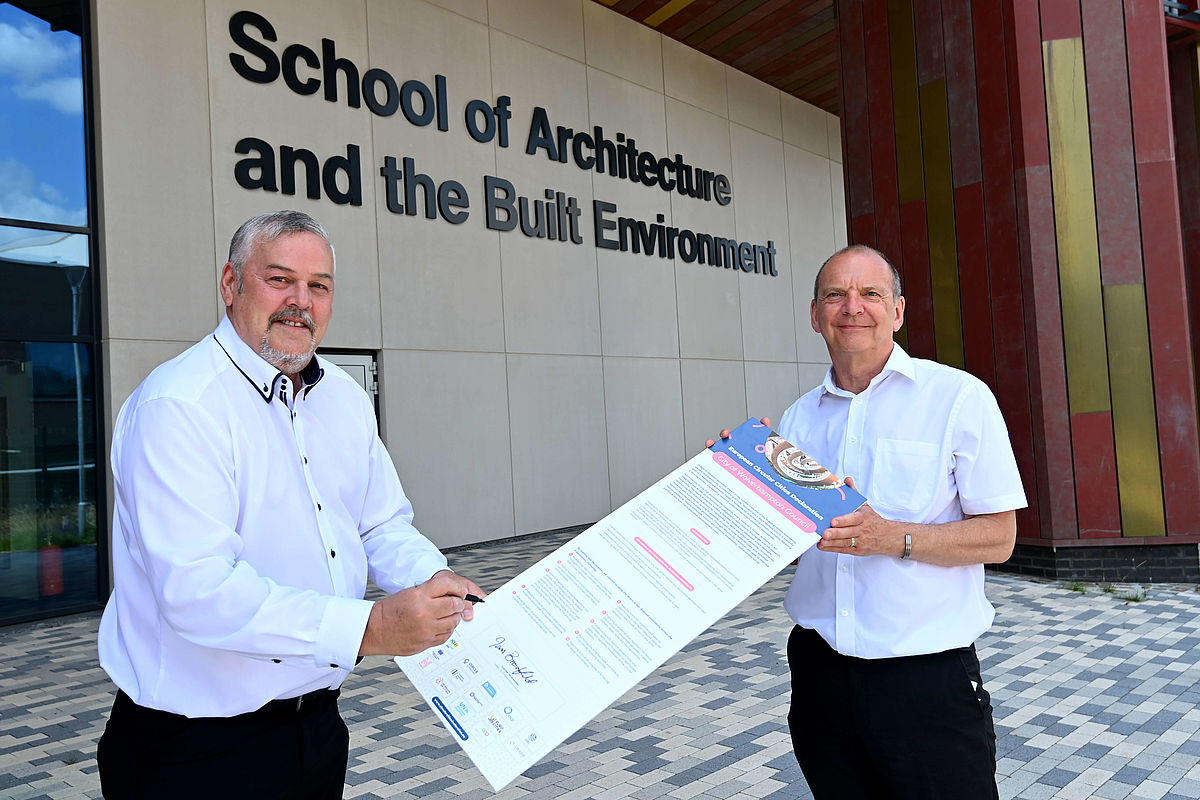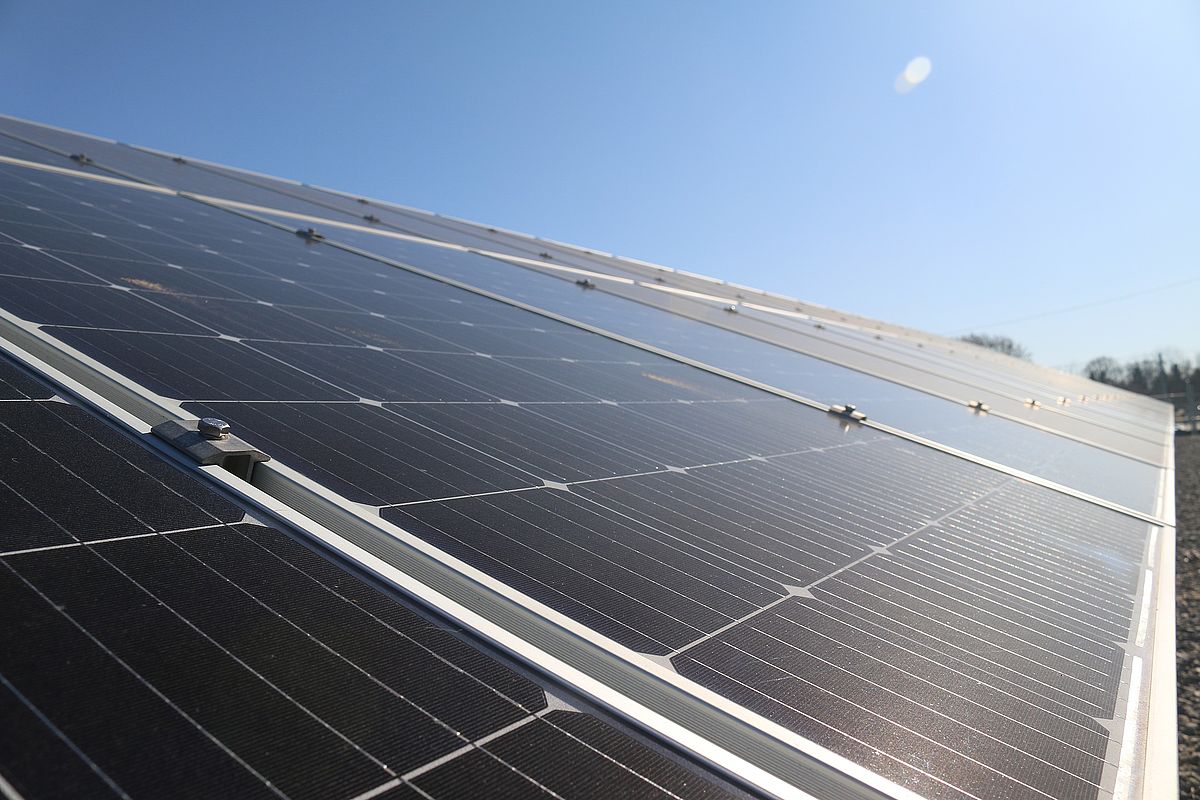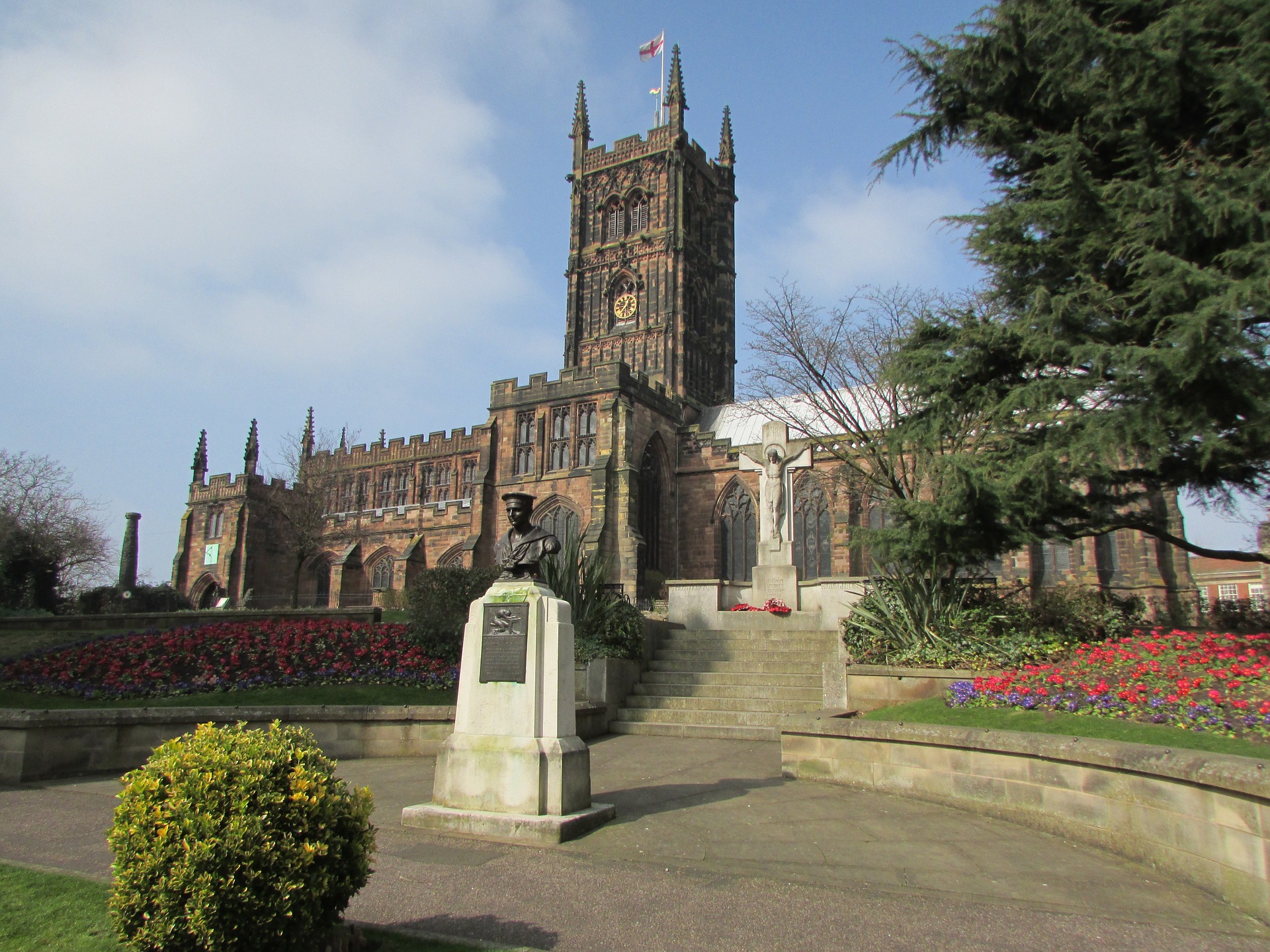Wolverhampton, United Kingdom
Located in the UK’s West Midlands region, the City of Wolverhampton has ambitious plans to be net carbon neutral by 2041. Leading by example, the city’s local authority has additionally committed to be a net zero council by 2028 – one of the most challenging targets set across the region. Central to this vision is a commitment to circular principles, particularly in construction and the built environment, where the city is rising as an internationally-renowned centre of excellence for sustainable construction.

Find out more
Constructing a circular future
Wolverhampton is the epicentre of research helping the construction industry to overcome barriers to brownfield regeneration. The city is set to become the home of a new £17.5m National Brownfield Institute (NBI), which will offer revolutionary new solutions to regeneration, remediation and repurposing of brownfield land to unlock former industrial sites for greener, safer and more affordable housebuilding. The NBI will also provide an urgent solution to protecting green spaces from development. The Institute is part of a wider £120m investment from the University of Wolverhampton to establish a specialist construction centre of excellence at its dedicated Built Environment research campus, which has itself been built on the site of a former brewery in the city. Wolverhampton is also driving the UK Government’s agenda to accelerate Modern Methods of Construction (MMC) as the home of the Ministry of Housing, Communities and Local Government’s new MMC Taskforce. A new project will also support MMC and new emerging construction techniques on a 25-acre site, alongside thousands of homes, built using MMC, which are in the pipeline for the city.


Sustainable energy
The University of Wolverhampton has plans for a National Institute of Sustainable Energy – a significant research and development hub based at its specialist construction campus. Meanwhile, an additional multi-million-pound investment is planned in a council-owned, city centre plant that transforms waste into energy, alongside plans to build one of the UK’s first city-centre solar farms on toxic land to deliver clean, green energy for life-saving work at the local New Cross hospital.
